Like every country, Turkish culture is full of traditions, which get passed down through the generations. As Turkey has had a rich history and is located on the borders of Europe and Asia, some of its traditions are influenced by different cultures, such as Greek, Arabic, and Armenian.
This article will focus on the traditions that may be useful to you as a European traveller when visiting Turkey. As well as a few interesting ones which may differ from your own culture.
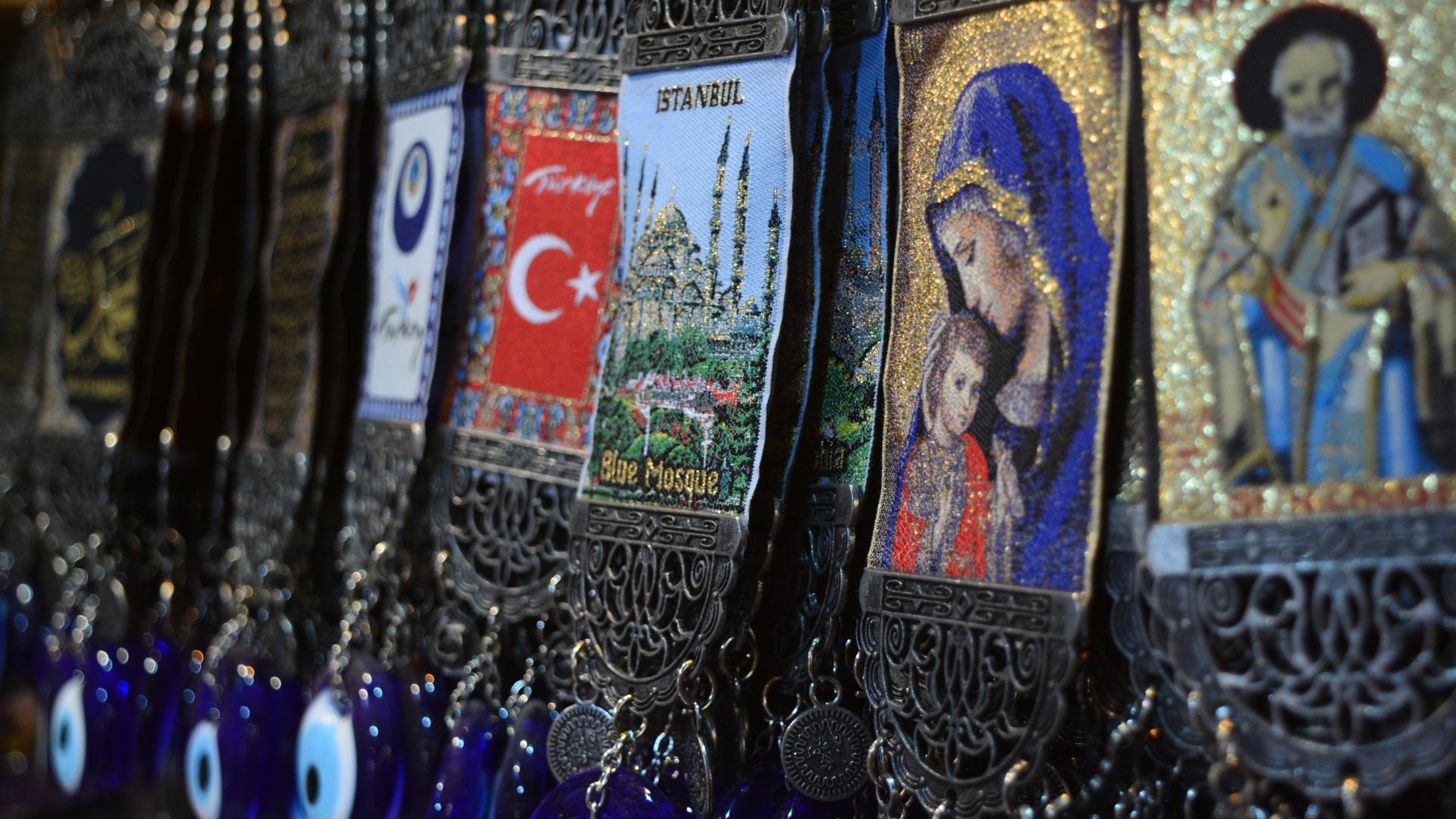
Turkish Culture and Traditions #1: Traditional Greeting
When meeting someone new, a handshake is often given. However, friends and family often greet each other with a kiss or two on the cheek.
Elders are highly respected in Turkish culture and will often be greeted first. Head shakes, and other gestures are common as well when greeting people.
Shop assistants will often welcome customers with “Nasilsiniz” (How are you?) or “Merhaba” (Hello).
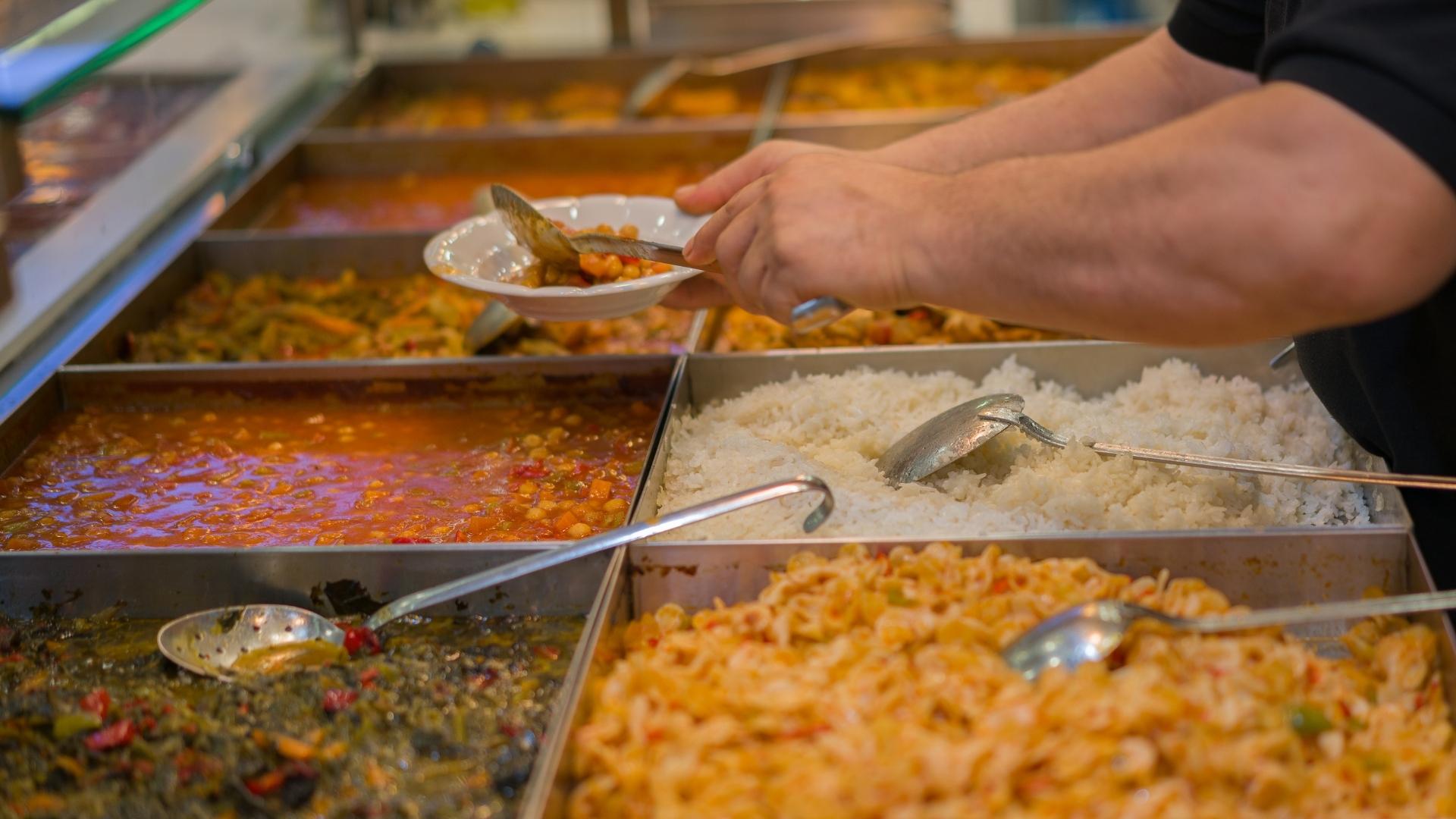
Turkish Culture and Traditions #2: Turkish Food and Eating
Much of Turkish culture is built around food and meals.
Breakfast is deemed the most important meal of the day, and common foods include eggs, cucumbers, tomatoes, olives, and bread.
Bread is vital to Turks and usually appears at every mealtime. Food wastage is frowned upon in Turkey, as it is believed to be a gift. So eat up!
Never blow your nose or pick your tooth at the table when eating. If you need to do so, head to the toilet.
Turkish Culture and Traditions #3: Hospitality
Turks are very hospitable and often host get-togethers in their homes. Upon entering the home, guests remove their shoes and are given slippers to wear around the house. You will most likely have a pair of slippers in your hotel room.
In Turkish culture, a guest gift is never expected. However, as it is common in western culture, it is understood that one may be received. A bottle of wine or rakı or a bag of Turkish tea would be a good gift to give at a dinner party.
Also, Baklava and other desserts are common food items to take with you on your way to a Turkish dinner party.
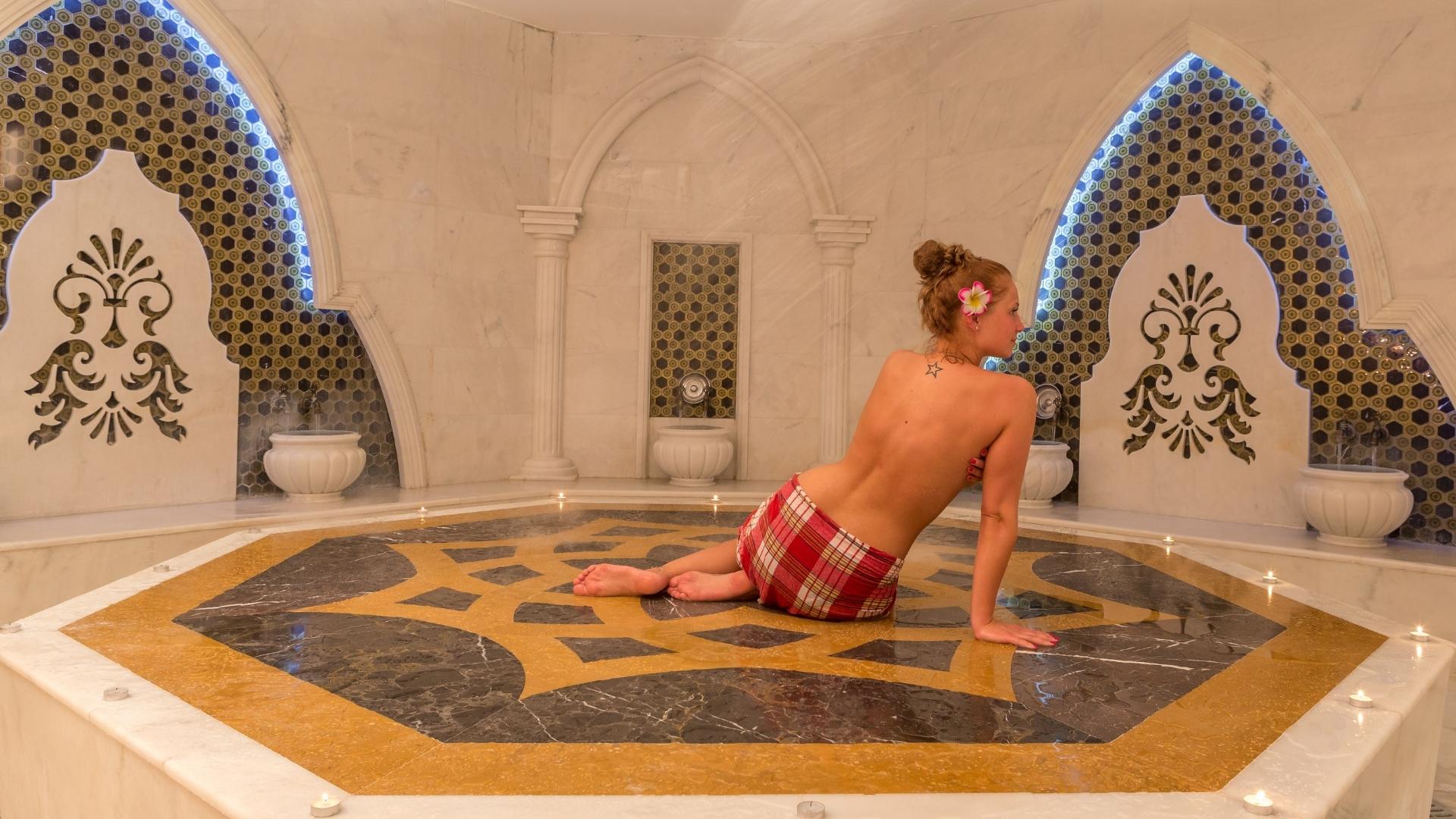
Turkish Culture and Traditions #4: Turkish Baths & Selfcare
Bathing and self-care are long-lived traditions in Turkish culture. Turks are raised rather picky when it comes to being clean and tidy.
A Turkish bath, called Hamam, is a place where you can publicly take a bath! There are also people in the Hamam that you can pay to get a scrub called Kese in Turkish.
The authentic Hamam for locals, on the other hand, will be segregated. Inside the hamam, you will be given a peştemal, a cotton wrap or a fast-drying towel that is tied around the waist.
Once your bath is completed, complimentary drinks for rehydration are served, such as mineral water or Turkish Gazoz!
Turkish Culture and Traditions #5: Car Honking
As you walk the streets of Turkish cities like Istanbul, you are guaranteed to hear loud cars honking throughout the day. Turks are known for their edginess when it comes to sitting in traffic.
But that’s not the only time they use the horn. They are also used to celebrate special events. For example, passers-by will honk their car horns when they see a wedding.
Will you be renting a car during your time in Turkey? Will you embrace this Turkish tradition?
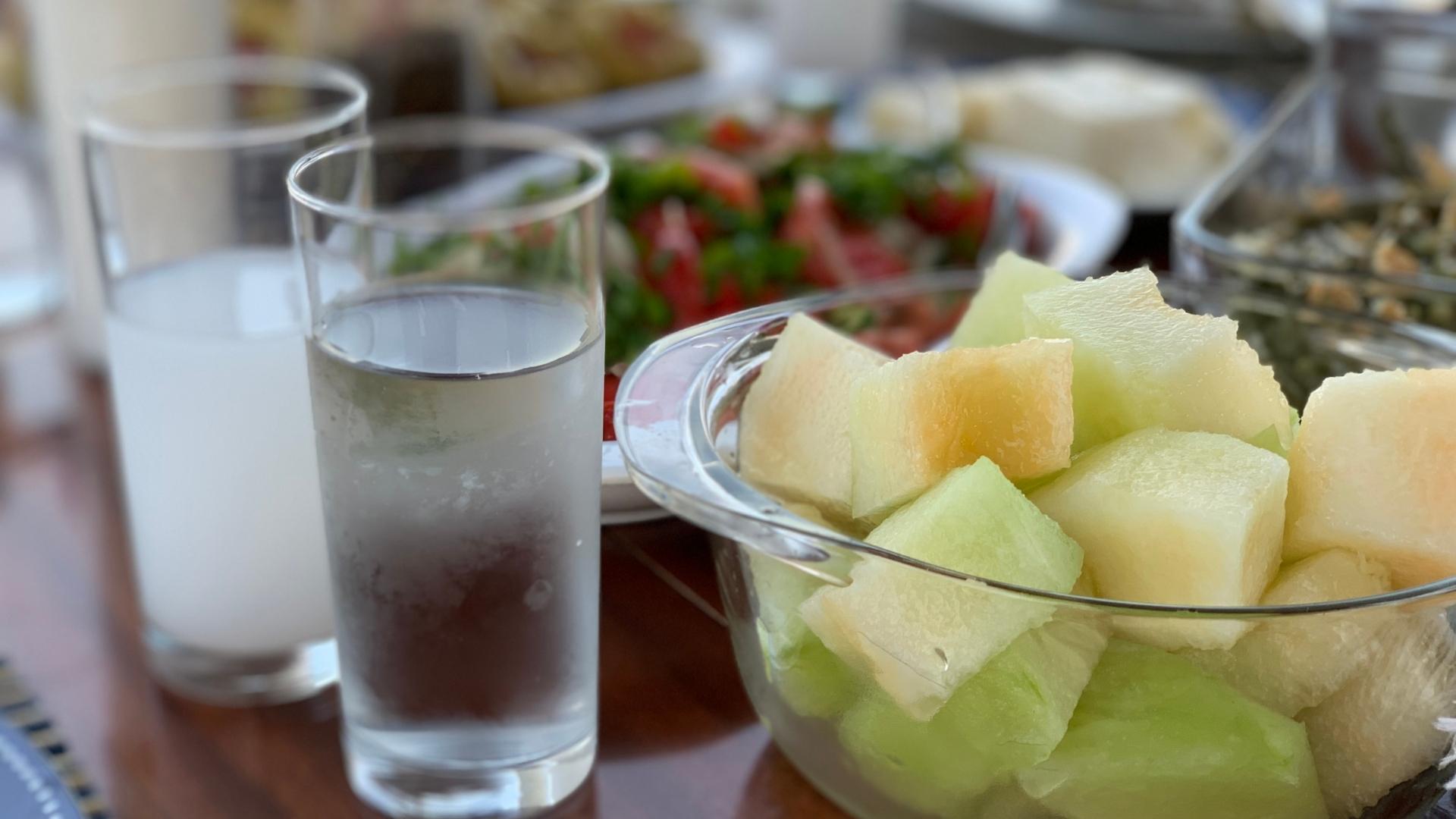
Turkish Culture and Traditions #6: National Drink
The national drink in Turkey is tea, but for some, it’s Rakı! Turkish tea is commonly served black, in tulip-shaped glasses, and drunk with the desired amount of sugar.
You may see teahouses called “kahvehane”, where men gather to play games and drink tea with their friends throughout the week. Women and families traditionally visit tea gardens at weekends.
Coffee is drunk, but less often. Turkish coffee is made with very fine ground coffee and boiled with water and sugar in a cezve, a special pot. Coffee is typically consumed in a small porcelain cup.
Turkish Culture and Traditions #7: Etiquette
Turkish culture is based on politeness, and therefore there are a few “don’ts” to remember so as not to come across as rude. Here are a few:
- If someone offers you something, initially decline the gesture with a “no thank you, it’s ok.” Then accept if they insist a second or third time. Also, if you offer anything, be sure to do it a few times.
- When talking to someone, chewing gum can be deemed rude, especially in formal situations.
- Bills at restaurants are not split. The inviter normally pays. You may offer to pay, but it will be for the entire bill.
- Punctuality is important. Being late is rude. So don’t miss that dinner reservation.
Turkish Culture and Traditions #8: Sport
Like many countries, Football (soccer) is the most popular sport in Turkey. The national team’s greatest achievements have been reaching the semi-finals of the World Cup (2002) and UEFA Euro Cup (2008). Basketball and volleyball are also popular.
The traditional national sport, however, is Yağlı Güreş, which is grease wrestling. It was established in ancient Mesopotamia. Every year since 1362, the international oiled wrestling tournament has taken place, making it the oldest continuously operated competition globally. Matches can last up to 40 minutes.
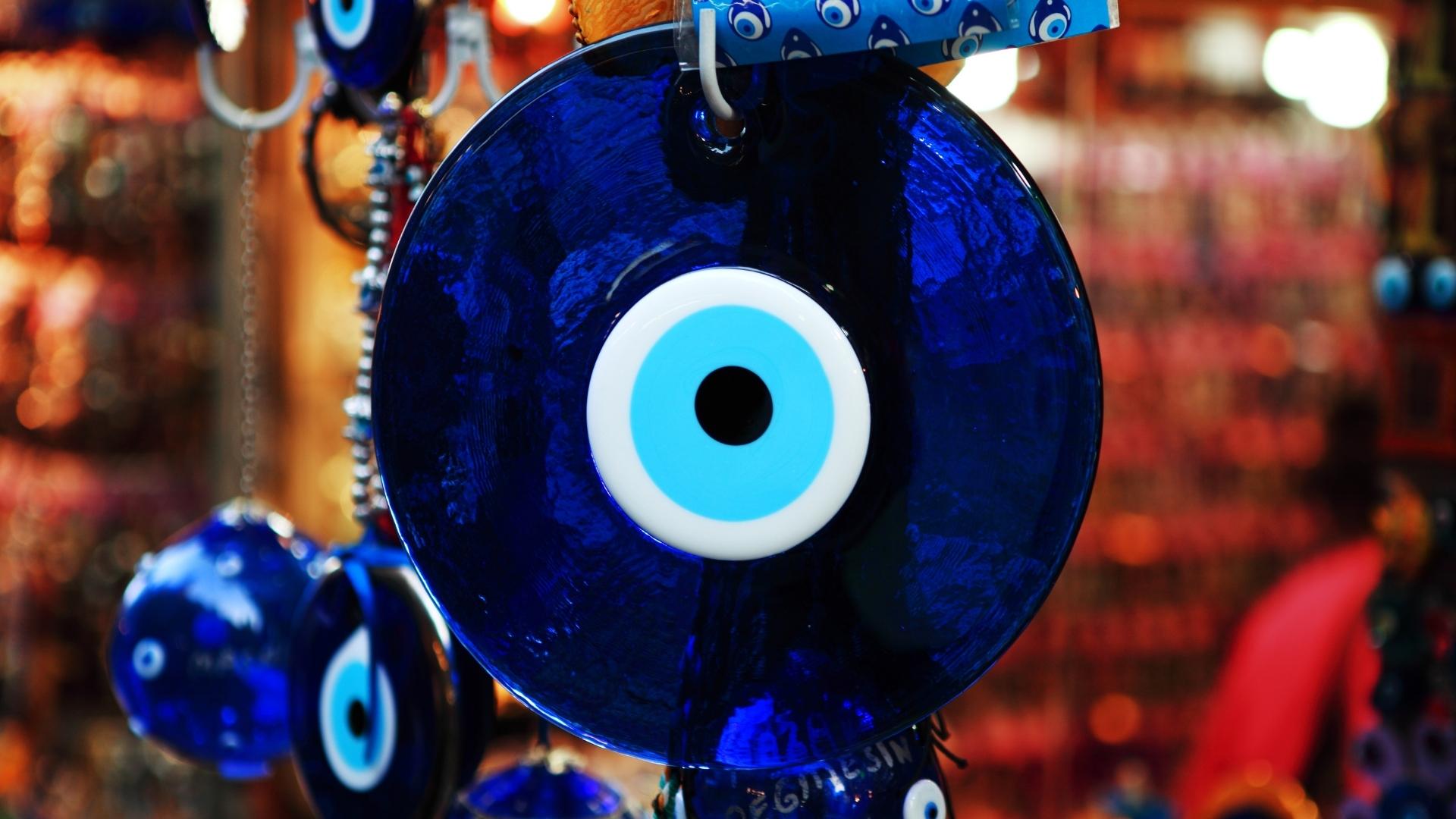
Turkish Culture and Traditions #9: The Evil Eye
Nazar Boncuğu, aka Evil Eye, is a talisman thought to protect from danger. This superstition can be seen all over Turkey, but they are often quite small and can be easily missed.
As well as being prevalent in homes and offices, you’ll see them in restaurants, cars and buses.
This is a common souvenir for tourists. A great place to buy one is at the Grand Bazaar in Istanbul.
Looking for religious traditions in Turkey? Here is an article to read: Ramadan Etiquette: Make Your Turkish Friends Smile!
